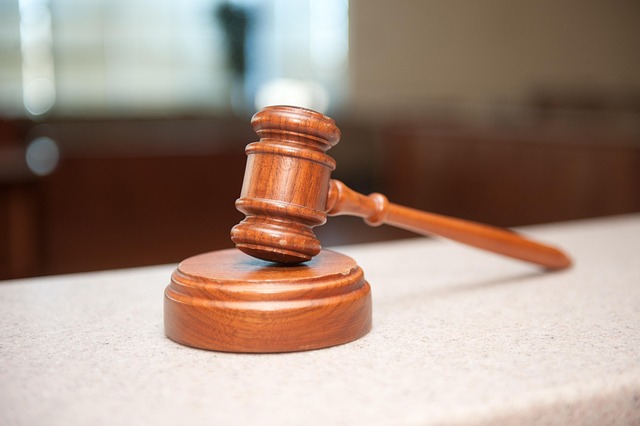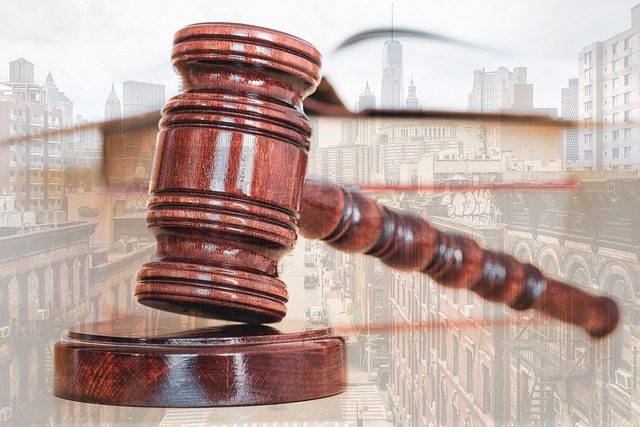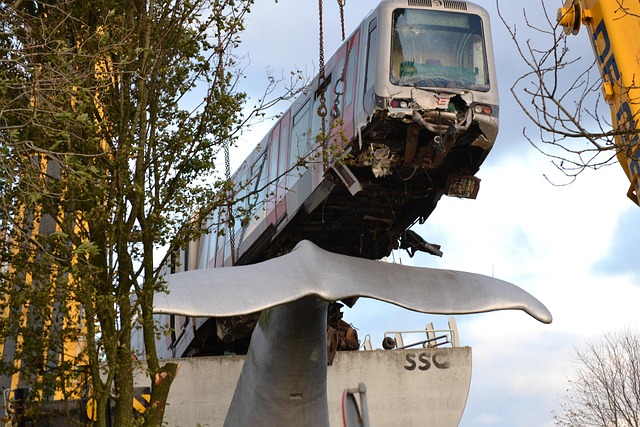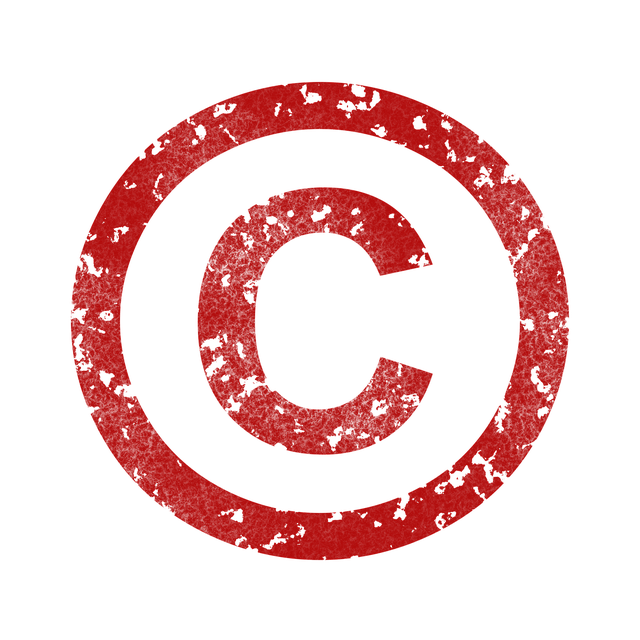When initial injury mediation fails, cases progress to formal legal proceedings with court dates. This litigation involves presenting evidence and arguments, requiring meticulous documentation and legal expertise. Assessing liability is key to understanding fault allocation. While mediation aims to facilitate communication, its failure can lead to prolonged battles, emotional strain, financial costs, and severe outcomes for victims and their families.
“Injury mediation, a preferred method for resolving disputes outside of court, often aims to facilitate agreements. However, what happens when this process fails? This article explores the potential outcomes when injury mediation does not reach a consensus. We delve into the subsequent legal proceedings, including the setting of a court date, and examine how damages and liability are evaluated. Additionally, we analyze the broader impact on all parties involved, shedding light on the complex consequences of unsuccessful injury mediation.”
- Legal Proceedings Kick In: Court Date Set
- Evaluating Damages and Liability
- The Impact on All Parties Involved
Legal Proceedings Kick In: Court Date Set

If injury mediation fails to reach an agreement, the next step is typically legal proceedings. This means that what started as an alternative dispute resolution process will transform into a more formal and potentially lengthy process within the court system. The first concrete step is setting a court date. At this point, both parties – often involving a truck accident lawyer or truck accident attorney for each side – must be prepared to present their cases before a judge and jury.
The court date marks the beginning of real estate litigation, where evidence will be presented, witnesses examined, and legal arguments laid out. The ultimate goal remains the same: to reach a resolution that provides justice and compensation for any injuries or losses incurred.
Evaluating Damages and Liability
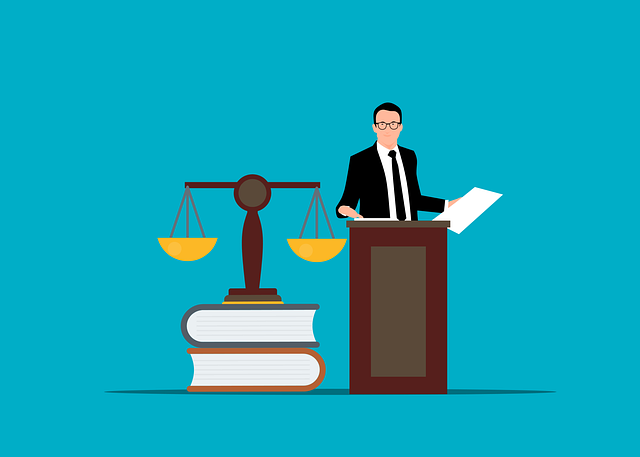
When injury mediation fails to reach an agreement, the next step is a crucial evaluation of damages and liability. In such cases, both parties—the claimant and the respondent—need to present their evidence and arguments regarding the extent of injuries, medical expenses, lost wages, pain and suffering, and any other relevant damages. This process involves meticulous documentation and often requires the expertise of an accident lawyer or personal injury attorney in Miami, FL.
The assessment of liability is equally important. The mediator’s inability to find common ground may highlight disparities in fault allocation. Caregiver negligence, for instance, could be a significant factor if the respondent was found to have overlooked safety protocols or provided inadequate care. Such scenarios necessitate a thorough review of the facts and applicable laws by a qualified legal professional to ensure justice is served.
The Impact on All Parties Involved

When injury mediation fails to reach an agreement, the outcome can be detrimental for all parties involved. The process is designed to foster communication and collaborative problem-solving, so its failure often signifies an impasse that leaves unresolved tensions and conflicts. This can lead to prolonged legal battles, increasing emotional strain on victims and their families, as well as escalating financial costs for all concerned.
For individuals injured in accidents, such as truck accidents or car accidents in Miami, the consequences can be particularly severe. They may face lengthy court processes, uncertain outcomes, and delayed access to compensation that is rightfully theirs. Moreover, having to relive the traumatic events through legal proceedings can take a significant toll on their mental health and overall well-being. Wrongful death lawyers and truck accident lawyers in Miami often encounter cases where mediation could have led to quicker, more amicable resolutions, ultimately preventing further suffering for all parties involved.
When injury mediation fails to reach an agreement, the matter inevitably progresses to legal proceedings. This involves a court date where damages and liability are rigorously evaluated, with significant impacts rippling through all parties involved. Understanding these consequences is crucial for both mediators and individuals seeking resolution, highlighting the importance of successful injury mediation as a game-changer in dispute resolution.
